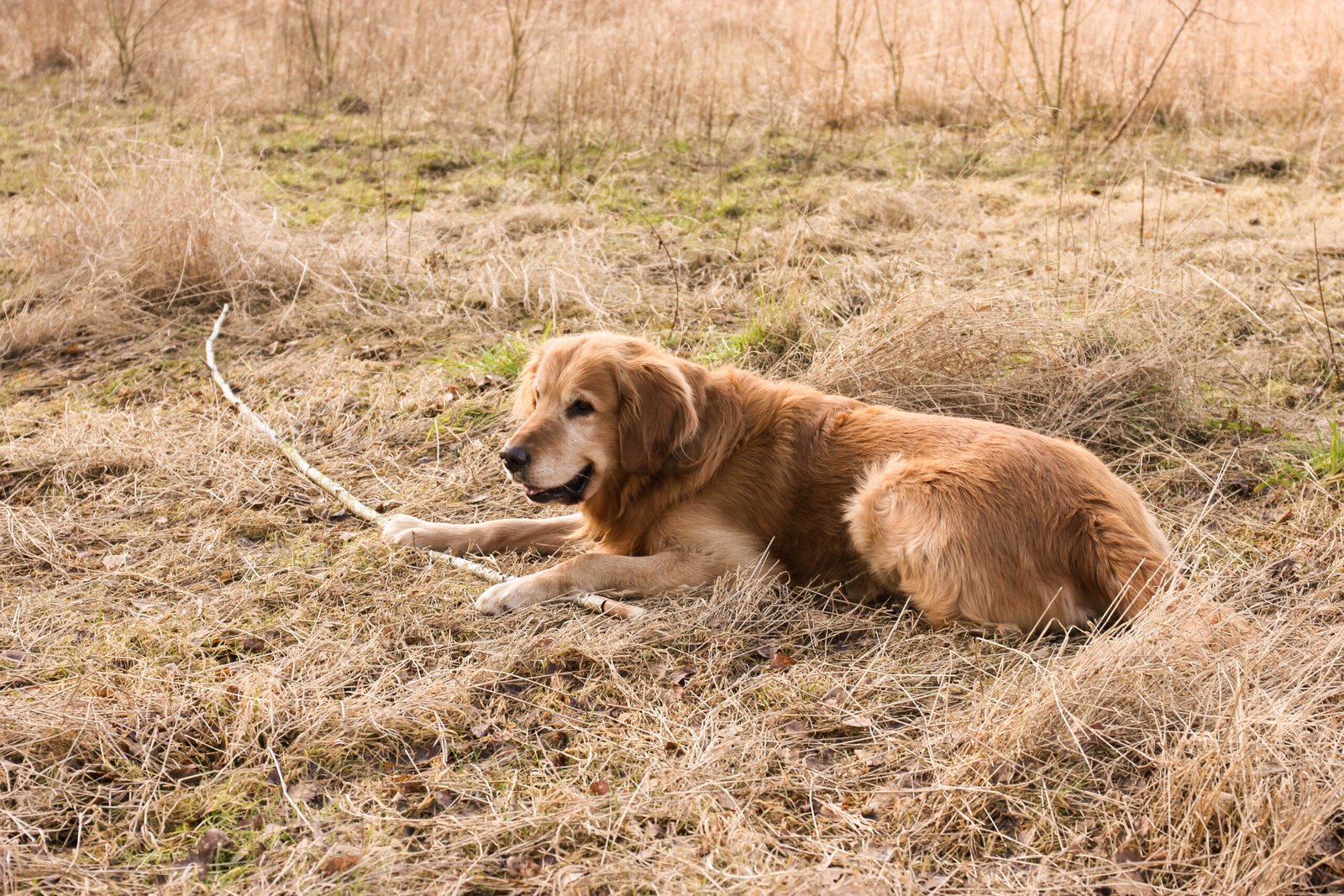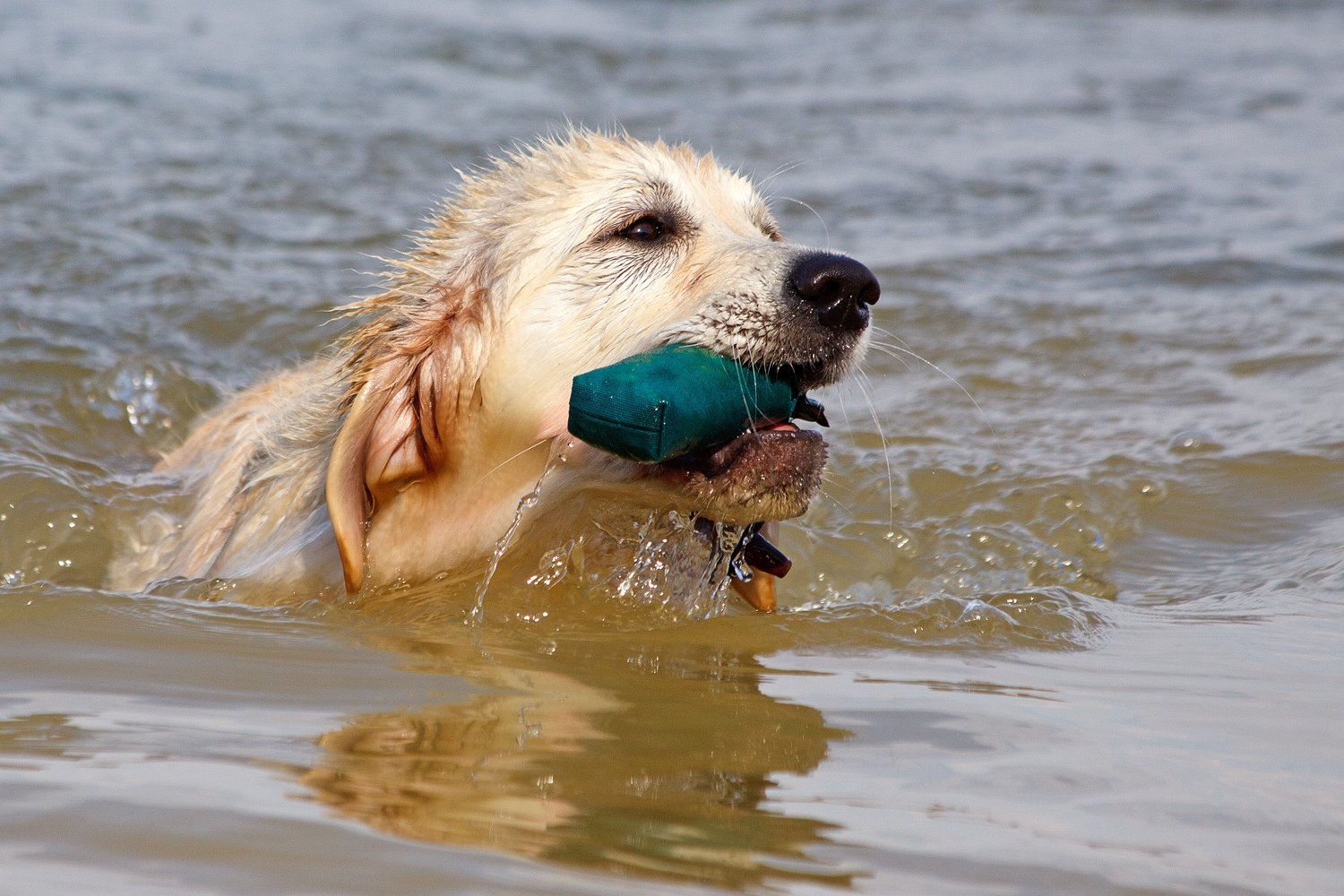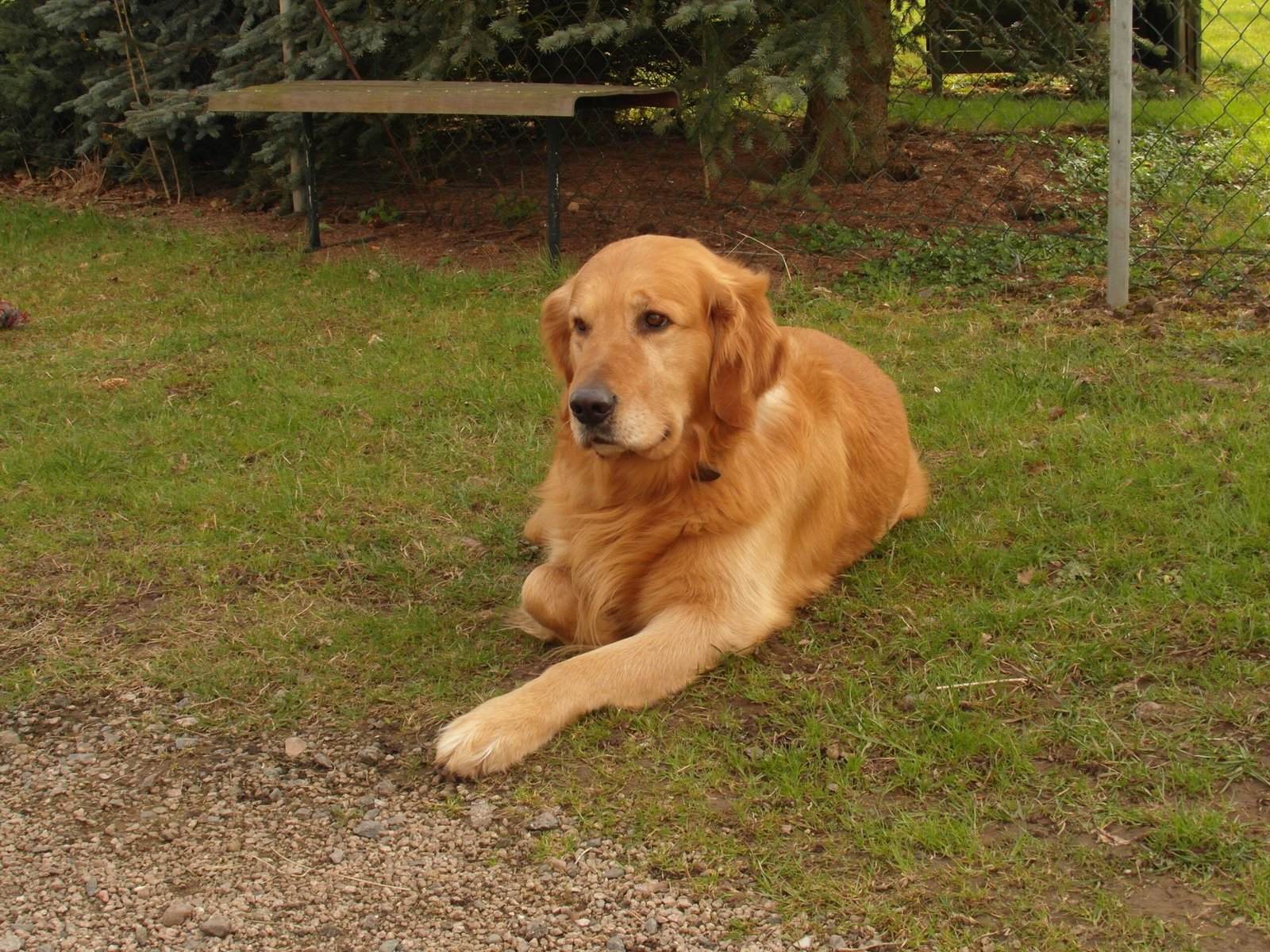Are you ready to discover the secrets to raising a golden retriever who absolutely radiates joy? Golden retrievers have a magical way of making us smile with their unwavering loyalty and heart-melting grins. But behind every happy, healthy golden is an owner who truly understands their needs. Whether you’re a new puppy parent or a seasoned dog lover, these must-know tips will help you unlock the full potential of your golden companion. Let’s explore how to give your furry friend the happiest life possible—because every golden deserves it!
Choose the Right Nutrition for Golden Health
The foundation of a golden retriever’s happiness often starts with what goes in their bowl. These dogs are known for their boundless energy, so they need a diet that keeps up. Look for high-quality dog food packed with real meat, healthy grains, and essential vitamins. Avoid fillers like corn and by-products—they don’t provide the nutrients your golden needs. Goldens are prone to allergies and sensitive stomachs, so keep an eye on any reactions to new foods. Puppies, adults, and seniors all have different nutritional needs. If you’re ever unsure, talk to your vet about the best food for your dog’s age and health status. Feeding the right portions helps maintain that perfect golden weight and keeps those tails wagging for years to come.
Establish a Consistent Grooming Routine
Golden retrievers are famous for their gorgeous, flowing coats, but those beautiful locks need regular care. Brush your golden at least two to three times a week to remove loose fur and prevent matting. During shedding seasons—usually spring and fall—daily brushing keeps fur from taking over your house. Regular baths, about once a month, help keep their coat shiny and skin healthy, but don’t overdo it or you’ll strip away essential oils. Pay special attention to their ears; goldens are prone to ear infections, so gently clean them weekly with a dog-safe solution. Don’t forget nail trims—overgrown nails can cause pain and affect their walk. By making grooming a bonding experience, your golden will look and feel their best.
Make Exercise a Daily Adventure

Golden retrievers are bursting with energy, and nothing makes them happier than a good romp outside. Aim for at least an hour of exercise every day. Walks are great, but goldens truly shine when given room to run, play fetch, or even swim—after all, they were bred as water retrievers! Mental stimulation is just as important; mix up your routine with training sessions, puzzle toys, or agility games. If your golden seems restless or starts chewing things they shouldn’t, it’s a sign they need more activity. Regular exercise not only keeps your pup fit but also helps prevent boredom and destructive behaviors. Think of exercise as your golden’s daily adventure—a chance to explore, learn, and bond with you.
Prioritize Preventive Vet Care
Routine vet visits are a non-negotiable part of keeping your golden retriever happy and healthy. Goldens are prone to certain health issues, such as hip dysplasia, heart conditions, and cancer. Early detection is key, so schedule annual checkups and follow your vet’s recommendations on vaccines, flea and tick prevention, and dental care. Don’t wait for visible symptoms—sometimes, problems can hide beneath that sunny exterior. Ask your vet about breed-specific screenings, especially as your golden ages. Stay up to date on heartworm prevention and keep records of all vaccinations. Proactive care can make an incredible difference in your dog’s quality of life.
Socialize Early and Often
Golden retrievers naturally love people, but early socialization is what turns that friendly instinct into confident behavior. Introduce your pup to a variety of people, dogs, and environments from a young age. Puppy classes are a fantastic way to expose them to new sights and sounds in a safe, positive way. Regular playdates at the park or with neighbor dogs help your golden learn canine manners. Socialization prevents fear-based aggression and helps your pup stay calm in unfamiliar situations. If your golden is older and didn’t get much early socialization, go slow and reward positive interactions. A well-socialized golden is a joy to be around—friendly, adaptable, and comfortable wherever they go.
Train with Patience and Positivity

Training is more than teaching tricks—it’s the key to a happy, well-adjusted golden retriever. These dogs are eager to please, making them fast learners when training is fun and rewarding. Use positive reinforcement like treats and praise to motivate your pup. Consistency is crucial; set clear expectations and stick to them. Start with basic commands such as sit, stay, come, and leash walking. Training sessions should be short, upbeat, and end on a positive note. If your golden struggles with a command, don’t get frustrated—patience goes a long way. Training also strengthens the bond between you and your dog, making every day smoother and more enjoyable.
Meet Their Emotional Needs

Golden retrievers are deeply emotional animals; they crave attention and affection almost as much as food or exercise. Leaving a golden alone for long periods can lead to separation anxiety, depression, or even destructive behaviors. Make time for daily cuddles, play sessions, and simply being together. If you work long hours, consider a dog walker or pet sitter to give your pup the companionship they need. Talk to your golden in a gentle voice—they thrive on loving interaction. Watching your dog’s body language can clue you in on how they’re feeling. A golden who feels loved and secure will reward you with endless loyalty and joy.
Keep Their Minds Busy

A bored golden retriever is a recipe for trouble. These smart dogs need mental challenges as much as physical ones. Puzzle toys, scent games, and treat-dispensing gadgets are fantastic ways to keep their brains engaged. Teach new tricks, rotate their toys regularly, or set up simple obstacle courses in your backyard. Even a game of hide-and-seek with favorite toys can turn a dull afternoon into a thrilling adventure. Mental stimulation reduces anxiety, curbs unwanted behaviors, and boosts your golden’s confidence. When you see that spark of curiosity in their eyes, you’ll know you’ve made their day.
Provide a Safe and Cozy Home

Your golden retriever’s environment plays a huge role in their happiness. Make sure your home is dog-proofed—keep dangerous foods, chemicals, and small objects out of reach. Give your pup a comfortable bed in a quiet spot where they can relax. If you have a yard, check that it’s securely fenced, as goldens love to explore and can wander off. Make your home a place filled with positive experiences, from gentle grooming sessions to family movie nights with your dog by your side. A safe, welcoming home gives your golden the security they need to flourish.
Celebrate Your Golden’s Unique Personality
No two golden retrievers are exactly alike—each one has their own quirks, likes, and dislikes. Some are born athletes, while others prefer snuggles on the couch. Take time to discover what makes your golden happiest. Maybe it’s a favorite toy, a special walking route, or a silly game you invent together. Listen to your dog and respect their boundaries, whether they’re outgoing or a little shy. Celebrating your golden’s individuality strengthens your bond and creates unforgettable memories. After all, loving your dog for who they are is the greatest gift you can give.
So, are you ready to make your golden retriever’s tail wag with delight every day?

Sumi Sarkar from India holds a B Tech degree in Information Technology, is a freelance film maker, scriptwriter, content editor who loves animals, especially dogs.






